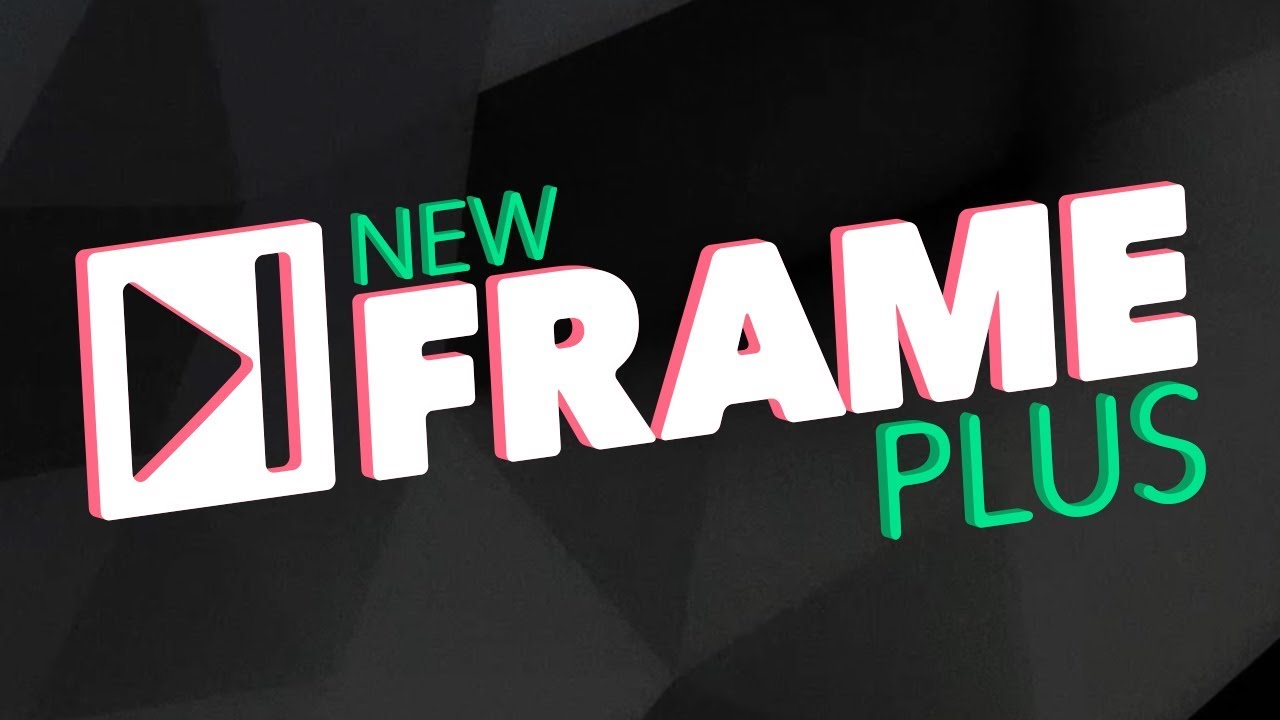Pick of the week image:

Having good goals versus just having goals
Thu Sep 29
Written by: Chris Pohlman
Pick of the week image:

If you are anything like me you probably grew up being told you needed to set goals, or were regularly asked what your goals are. I never really had good answers to those questions. If I needed an answer for a school assignment I would usually just make up something that sounded ok. Maybe my goal was to get an A on an assignment, or read 3 books that month. But really in my head I knew I didn’t really care about what I was saying and had no real intention on ever making that goal happen. Or I knew it was going to happen regardless because I had already read 3 books that month and didn’t need to do anything else. I never really set goals and when I did they were most definitely bad goals. And on the off chance I accidently managed to set a good one I definitely didn’t follow up with the very important next step of planning for it. Now that I’m an adult I’ve finally started to come around to thinking there might be a place for goals in my life and started learning how to set good ones.
There are a few ways to go about setting good goals but a common framework for it is SMART. Goals should be Specific, Measurable, Achievable, Relevant, and Time-bound.
This means that reading 3 books in a month might be a good goal because it is specific, its measurable, its achievable, and its Time-bound. But in my example above it wasn’t relevant. I had already read 3 books so setting a goal to do that was meaningless. For me the relevancy of goals was often the biggest challenge when I was younger since I had no real long-term plans. I might have had very very short term goals from time to time, such as beating a particular level in a game I was playing, but I never had any over-arching plan for myself to help me create relevant goals for my life. The R in SMART has always been my biggest goal based challenge. If you are struggling with setting goals for yourself, take a look at each of the pieces of a smart goal in turn and narrow down which sections are actually causing the problems. Once you know that researching tricks to help get past that block will put you on the path to the next step.
Once you have good goals the key to making them happen lies in making a good plan with implementation intentions. This means answering the key questions about what you want to do, How, When, Where. Say your goal is to exercise 3 times a week. It’s a good goal, its specific, you can measure it, you can do it, its time-bound to a week, and its relevant to an overall desire to be healthy. But if you leave it at that then you’re never going to get it done. You have to make a plan to actually do it and that plan has to be even more specific. First decide how you want to exercise, at the gym, run outside, swim at the pool? Next decide the when and where. How long do you want to exercise for, what days are you going to do it on, what time of day are you going to fit it in, and where are you going to be when you do it. With all of this information in hand you will be much more likely to follow through and make your goal happen. You’ll pack your gym bag and bring it to work since you decided to go to the gym that is on your drive home rather than driving past it and thinking oh yeah I wanted to do that, I guess I’ll just do it tomorrow.
New Frame Plus is a YouTube channel created by Daniel Floyd a professional animator that is all about video game animation. He doesn’t release videos on the channel frequently but when he does they are informative, entertaining, and packed full of nerdy details and excitement about games and the animations that make them feel great to play. If you enjoy video games and want to dive into one of the key things that make them tick, I’d highly recommend checking it out.